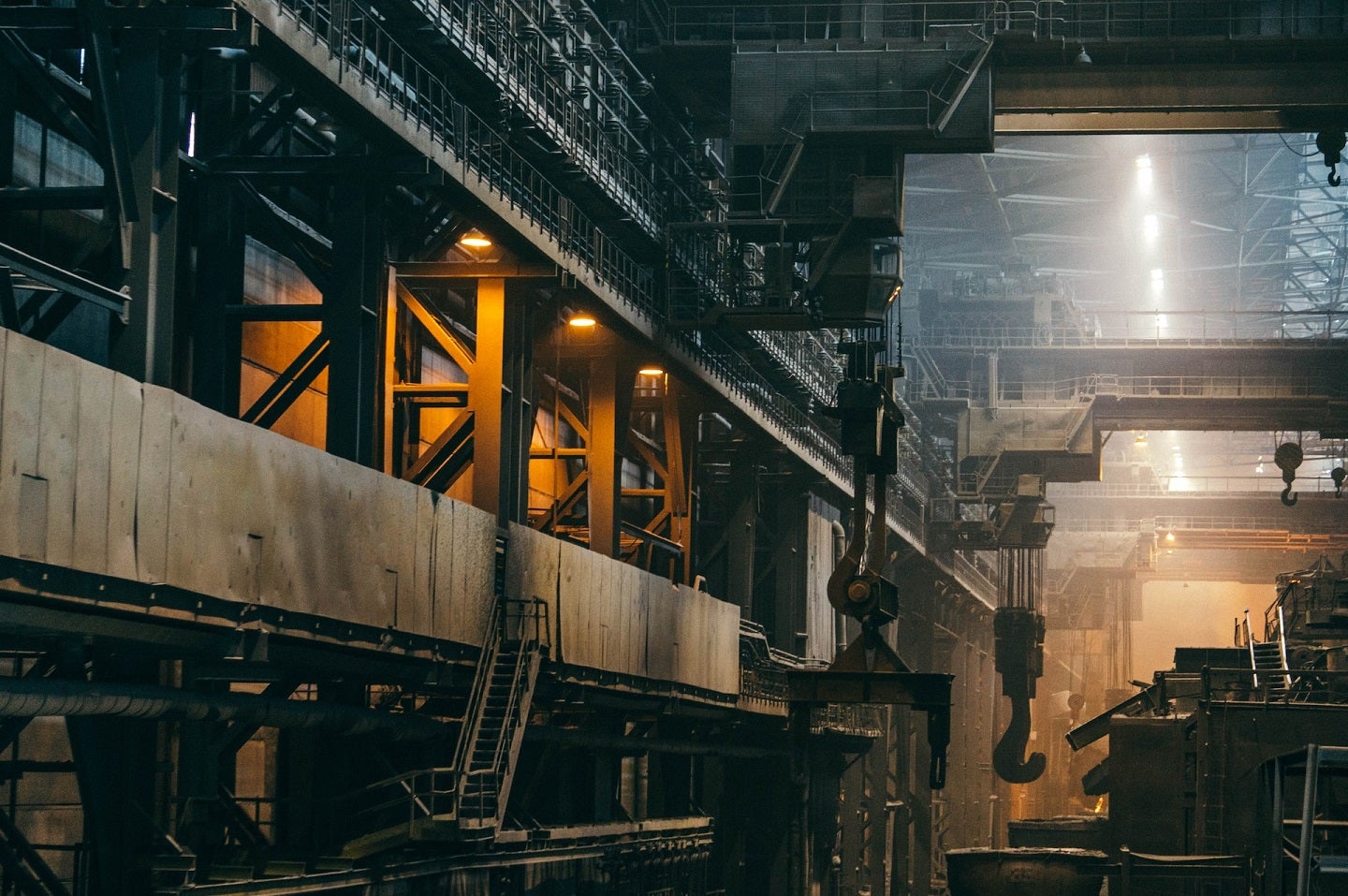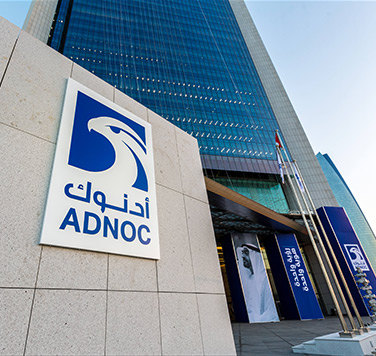
The European Commission has approved state aid put forward by Belgium to help ArcelorMittal Belgium partially decarbonise its steel production.
Approved under EU state aid rules, the €280m ($308m) scheme includes a direct grant and a soft loan.
The scheme will support the construction of a direct reduction iron plant in Ghent, where ArcelorMittal operates two blast furnaces.
Along with a new electric arc furnace, the project will replace one of the two existing blast furnaces.
Scheduled for commissioning in 2026, the plant will have the capacity to produce 2.3 million tonnes of low-carbon direct reduced iron per year.
The Belgian measure supports EU policy initiatives including the European Green Deal, the EU Hydrogen Strategy, the Green Deal Industrial Plan and the REPowerEU Plan.
In a press statement, the EU said: “The measure has sufficient safeguards to ensure that undue distortions of competition are limited. In particular, if the project turns out to be very successful, generating extra net revenues, the beneficiary will return part of the aid received to Belgium (a claw-back mechanism).
“Finally, the project is subject to monitoring to verify its progress towards the objectives of CO₂ emission savings, phasing out of natural gas and phasing in the renewable hydrogen.”
Recently, ArcelorMittal agreed to divest its idled iron and steel plant in the Point Lisas Industrial Estate, Couva, Trinidad, to Trinidad and Tobago’s TT Iron Steel Company.




